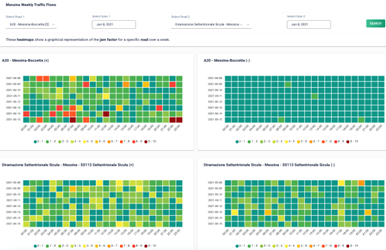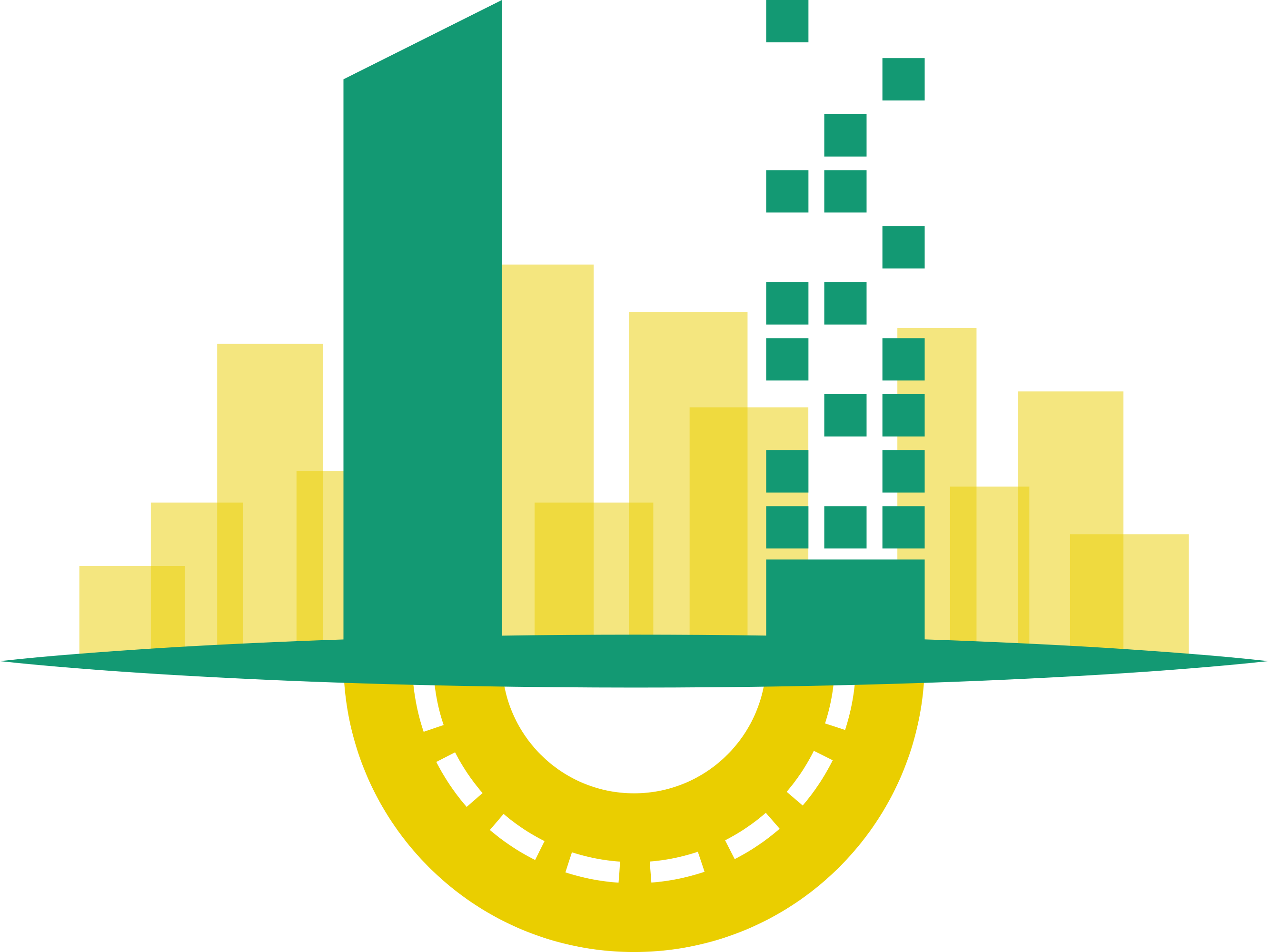Success Final Review of URBANITE Project
We set out the global goal of the project. Namely, in the mobility transformation and the pressure for more sustainable transport models and new urbanism trends, changing the landscape of urban planning of mobility in cities and provides policy-makers with means to help them understand these new scenarios, supporting in making policy.
URBANITE takes steps towards adopting a collaborative, evidence-based data-driven for policy-making on urban mobility planning.
Disruptive technologies come into place, not without generating controversy and presenting specific challenges. The project adopts a user-centric approach, addressing the expectations, trust and attitudes of civil servants, citizens and other stakeholders by guidance on the adoption.
The project is based on three premises:
- The use of data for better and objective policy-making
- Creating a local ecosystem, involving public servants and local stakeholders along the whole process, from the data gathering to the policy formulation process, increasing their trust in the results.
- Opening accessible and agile tools supporting the process
The session started by reviewing the different pilots, from the overall approach and several demos showing the main technical results, going through the different adaptations to the needs of the use cases.
URBANITE UI and the Data Catalogue
The general URBANITE UI integrates all the layers mentioned above, allowing a fluid use of the platform, and managing the identities and authorizations, making this ecosystem a safe and secure context for the different stakeholders. The Data Catalogue provides the functionalities to discover and access the datasets managed, retrieved through the connectors according to DCAT-AP format) and provides a set of APIs to be used by third-party applications.


Data Analytics
Different functionalities for helping the end user to make decisions in order to make the policies needed to improve the aspects considered in each pilot were presented and argued.




Simulations & recommendation engine
Allowing WHAT-IF analysis of urban actions, from infrastructure, mobility constraints enforcement, urbanism or public transport service, supporting the estimation and prediction of city-specific KPIs.

Advanced Dashboards
Provides access to the functionalities for the management of the customs dashboard, as well as the management of customs menu items.

Then, the different technical and social tasks, from the work carried out in the different Social Policy Labs (SoPoLabs), the conclusions, recommendations, and impact of disruptive technologies, to each of the technical areas: data management platform, the analytics, simulation and recommendation methods and their successful integration and underlying methodology based on the DevOps approach.
Many thanks to our PO Giorgio Constantino and the reviewers for their comments, suggestions, and opportunities identified during this constructive day.
Many thanks to all the projects with which we have collaborated, and we hope to continue collaborating in the future.
Looking forward to taking the next steps!!

